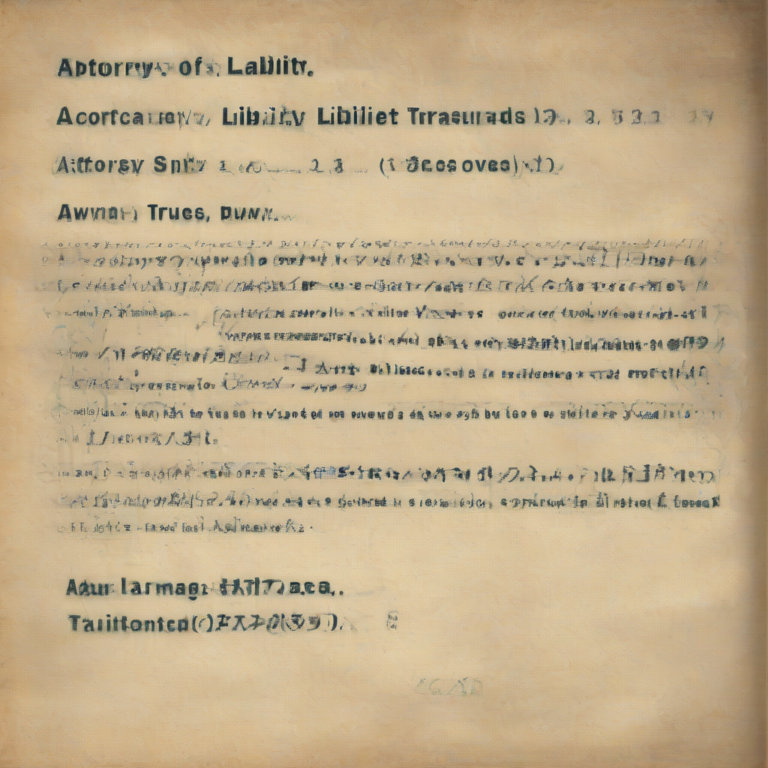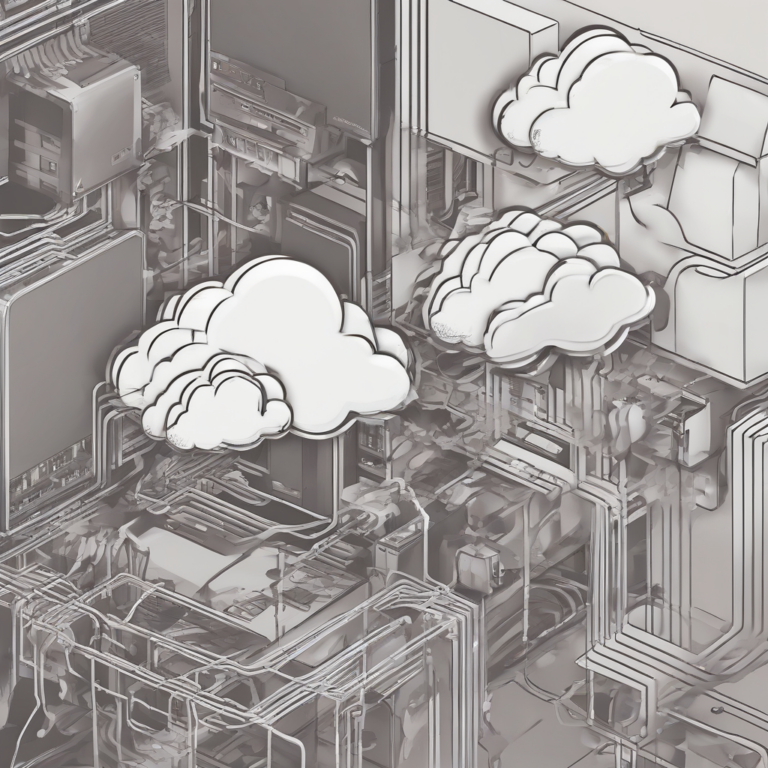
Placenta Donation: A Comprehensive Look at the Pros and Cons
The placenta, often referred to as the “afterbirth,” is an incredible organ that sustains a developing fetus throughout pregnancy. After birth, its function ceases, and it’s typically discarded as medical waste. However, in recent years, placenta donation has emerged as a potential avenue for benefiting others, prompting a closer examination of its advantages and disadvantages.
Potential Benefits of Placenta Donation
1. Advancement of Scientific Research
- Understanding Placental Function: Donated placentas offer invaluable material for researchers studying placental development, function, and dysfunction. This research can lead to breakthroughs in treating pregnancy complications and improving neonatal outcomes.
- Stem Cell Research: Placentas are rich in mesenchymal stem cells (MSCs) and other valuable cells with therapeutic potential. These cells can be harvested and used to develop treatments for various diseases and injuries, including autoimmune disorders, neurological conditions, and heart disease.
- Development of New Therapies: Research utilizing donated placentas may lead to the development of novel therapies and treatments for various health conditions, ultimately improving human health globally.
2. Treating Medical Conditions
- Cell-Based Therapies: Stem cells derived from donated placentas are being investigated for their use in regenerative medicine to repair damaged tissues and organs.
- Wound Healing: Placenta-derived components show promise in promoting wound healing and reducing inflammation, potentially benefiting patients with chronic wounds or burns.
- Developing New Medications: Compounds extracted from placentas are being explored for their potential medicinal properties in the treatment of various illnesses.
3. Ethical Considerations and Altruism
- Benefiting Others: Donating a placenta allows individuals to contribute to medical advancement and potentially improve the lives of others facing serious illnesses.
- Reducing Waste: Instead of discarding the placenta as medical waste, donation provides an opportunity for its valuable components to be utilized.
- Promoting a Culture of Giving: Placenta donation encourages altruism and fosters a sense of community by contributing to scientific progress and improving healthcare.
Potential Drawbacks of Placenta Donation
1. Lack of Regulation and Standardization
- Variability in Processing and Handling: The lack of standardized procedures for collecting, processing, and storing donated placentas can affect the quality and usability of the donated material.
- Concerns about Safety and Efficacy: Without rigorous regulation, the safety and efficacy of treatments derived from donated placentas cannot be guaranteed.
- Ethical Concerns Regarding Consent and Transparency: Clear guidelines and regulations are needed to ensure informed consent from donors and transparency in the handling of donated tissue.
2. Potential Risks to Donors
- Infection: While rare, there’s a small risk of infection at the placental site during the donation process.
- Postpartum Hemorrhage: In extremely rare instances, improper placental removal during donation could lead to increased risk of postpartum bleeding.
- Emotional Impact: Some individuals may experience emotional distress or regret after donating their placenta.
3. Limited Access and Availability
- Geographic Limitations: Placenta donation programs are not readily available in all areas, limiting access for many potential donors.
- Lack of Awareness: Many women are unaware of the option of placenta donation, hindering the availability of donated material.
- Time Sensitivity: Placentas must be processed quickly after delivery, posing logistical challenges for donation.
4. Ethical and Societal Concerns
- Commodification of the Placenta: Concerns exist about the potential for commercialization of placenta-derived products and the exploitation of donors.
- Informed Consent and Donor Rights: Ensuring that donors are fully informed about the process, potential risks, and the use of their placenta is crucial.
- Equity and Access: Access to placenta donation and its benefits should be equitable and not biased based on socioeconomic status or other factors.
5. Uncertainty Regarding Long-Term Effects
- Lack of Long-Term Studies: The long-term effects of using placenta-derived products in therapies are still largely unknown.
- Potential for Unforeseen Complications: The use of placenta-derived cells and tissues in treatment carries the potential for unforeseen long-term complications.
- Need for Ongoing Research and Monitoring: Rigorous research and monitoring are necessary to ensure the safety and efficacy of placenta-derived treatments.
6. Religious and Cultural Beliefs
- Cultural Significance of the Placenta: In some cultures, the placenta holds significant cultural or religious meaning, potentially influencing a person’s decision regarding donation.
- Respect for the Afterbirth: Some individuals may have strong beliefs or practices related to the disposal or handling of the placenta.
- Balancing Individual Beliefs with Potential Benefits: It’s crucial to respect individual beliefs and cultural practices while exploring the potential benefits of placenta donation.
7. Storage and Transportation Challenges
- Strict Temperature Requirements: Placentas must be maintained at specific temperatures during transportation and storage to prevent degradation.
- Logistical Hurdles: Ensuring efficient and safe transportation of placentas to research facilities or processing centers can present significant logistical challenges.
- Cost Implications: The cost of specialized equipment, transportation, and storage can impact the feasibility and accessibility of placenta donation programs.





